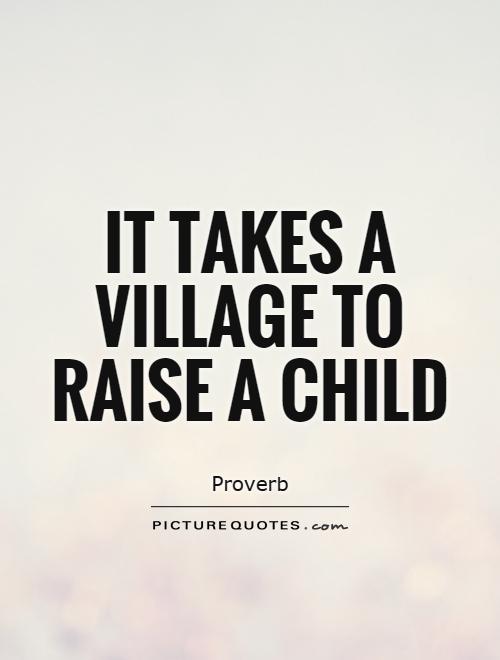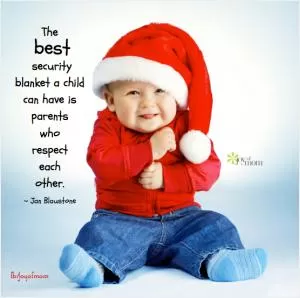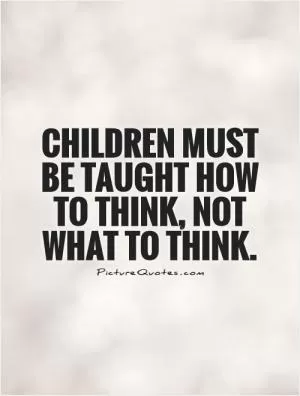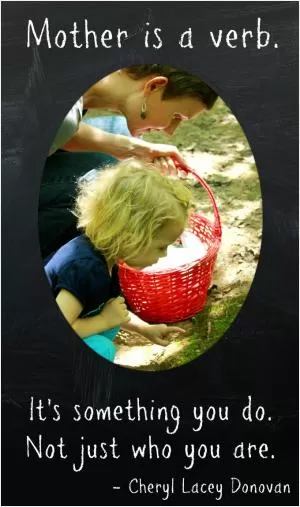It takes a village to raise a child

It takes a village to raise a child
The proverb "It takes a village to raise a child" is a well-known African proverb that emphasizes the importance of community and collective responsibility in the upbringing of a child. This proverb highlights the idea that raising a child is not solely the responsibility of the parents, but rather a collaborative effort that involves the entire community.In today's fast-paced and individualistic society, the concept of a village raising a child may seem outdated or impractical. However, the essence of this proverb remains relevant and important in shaping the well-being and development of children. The support and guidance of a community can provide children with a sense of belonging, security, and a strong foundation for their future.
Parents play a crucial role in the upbringing of their children, but they cannot do it alone. They need the support of extended family members, teachers, neighbors, friends, and other community members to help nurture and guide their children. Each person in the village brings their own unique perspective, skills, and experiences that contribute to the holistic development of the child.
In a village setting, children are exposed to a diverse range of role models and mentors who can provide them with valuable life lessons and guidance. They learn important social skills, values, and traditions from the community that help shape their identity and character. The collective wisdom and resources of the village can also provide children with opportunities for growth, learning, and exploration that may not be available within the confines of their immediate family.
Furthermore, the proverb "It takes a village to raise a child" underscores the interconnectedness of individuals within a community. When everyone in the village takes an active role in supporting and nurturing children, it creates a sense of unity, cooperation, and shared responsibility. This sense of community can foster a positive environment where children feel safe, loved, and valued, which is essential for their emotional and psychological well-being.












 Friendship Quotes
Friendship Quotes Love Quotes
Love Quotes Life Quotes
Life Quotes Funny Quotes
Funny Quotes Motivational Quotes
Motivational Quotes Inspirational Quotes
Inspirational Quotes